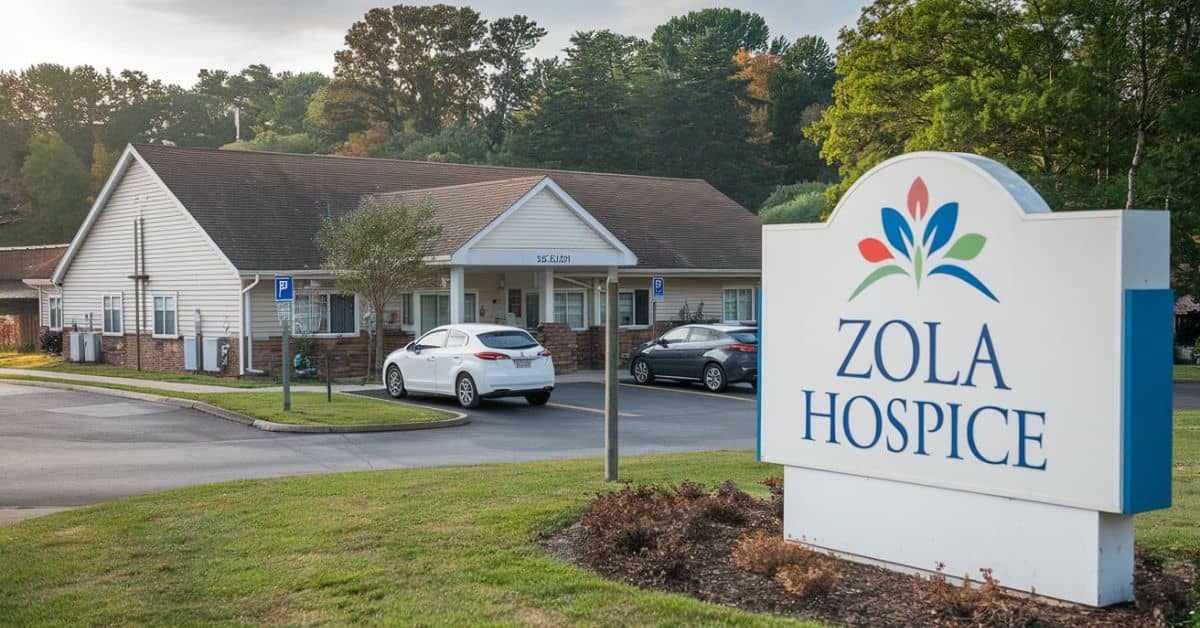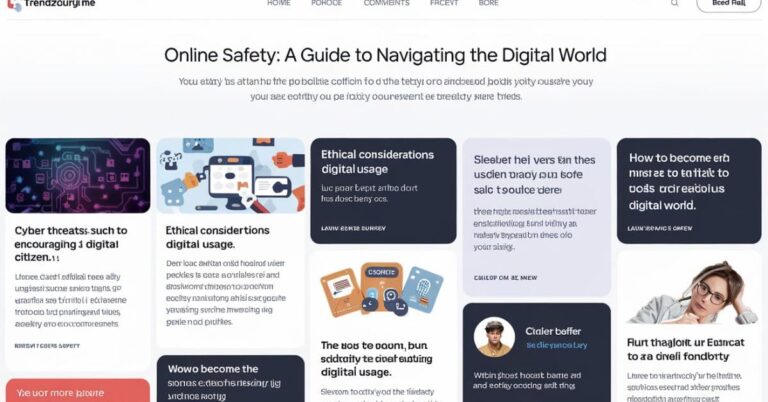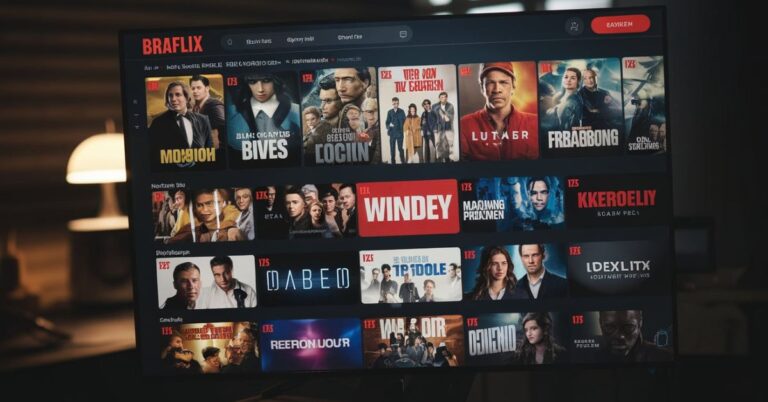Zola Hospice Fraud: A Comprehensive Guide to the Alleged Scandal
Hospice care is one of the most vital services in the healthcare system. It provides comfort and support to patients facing terminal illnesses and their families. However, in recent years, there has been a growing concern over fraudulent activities within hospice care organizations. One of the companies making headlines for alleged fraudulent activities is Zola Hospice. The “Zola Hospice fraud” case has sparked outrage, prompting calls for investigation and legal action. This article will explore the scandal in depth, providing a clear understanding of the allegations, the impact on patients, families, and the healthcare industry, and what the future may hold.
What is Zola Hospice?
Before diving into the details of the fraud, it’s important to understand what Zola Hospice purportedly was. Zola Hospice was advertised as a hospice care provider, claiming to offer compassionate care for terminally ill patients. However, instead of living up to its mission, the company became infamous for its alleged involvement in widespread fraudulent activities that have left patients and families in distress.
What is Hospice Fraud?
Hospice fraud occurs when a hospice provider misuses funds, bills for services not rendered, or falsifies patient eligibility for profit. It is a serious crime that not only drains healthcare resources but also exploits vulnerable patients and families in their most difficult moments. Fraudulent activities in hospice care can range from enrolling patients who are not terminally ill to billing for unnecessary or non-existent services.
The Zola Hospice Fraud Scandal: An Overview
The “Zola Hospice fraud” allegations revolve around the idea that the company engaged in widespread fraudulent practices that exploited the healthcare system. While there is limited information available, the accusations suggest that Zola Hospice’s operations were deeply rooted in deceit, leading to legal and ethical violations.
Allegations Against Zola Hospice
Here are some of the most serious allegations leveled against Zola Hospice:
- Falsifying Patient Eligibility: Zola Hospice allegedly enrolled patients who were not terminally ill, allowing them to bill Medicare and other insurance companies for services that were not necessary.
- Billing for Services Not Rendered: The company is also accused of billing for services that were never provided. This could include everything from patient care visits to medical equipment that was never delivered.
- Misleading Families: Zola Hospice allegedly misled families into believing their loved ones needed hospice care when they did not. This created unnecessary emotional distress for families while generating profits for the company.
- Employee Testimonies: Several former employees of Zola Hospice have come forward, accusing the company of fraudulent practices. These testimonies are crucial to the investigation and may serve as key evidence.
Impact of Zola Hospice Fraud on Patients and Families
The Zola Hospice fraud has had a devastating impact on patients and their families. Fraudulent hospice practices are not only unethical but also harmful to the people involved. Here are some of the ways patients and families have been affected:
- Emotional Distress: Families were led to believe that their loved ones were terminally ill, only to later discover that the diagnosis was exaggerated or false. This created emotional turmoil and mistrust in the healthcare system.
- Unnecessary Medical Care: Patients who were not truly terminally ill may have been subjected to treatments they did not need, leading to unnecessary suffering and costs.
- Financial Strain: Hospice care can be expensive, and many families likely paid out-of-pocket expenses for services that were fraudulent or unnecessary.
- Lost Trust in Hospice Care: The Zola Hospice fraud case has eroded public trust in the hospice care industry, making it harder for legitimate hospice providers to gain the trust of patients and families.
Legal Actions and Investigations
As news of the “Zola Hospice fraud” spread, there have been increasing calls for legal action and a full investigation into the company’s practices. Both federal and state agencies may be involved in investigating the allegations against Zola Hospice. Here’s what could happen next:
- Government Investigations: The federal government, specifically the Department of Justice (DOJ) and the Office of the Inspector General (OIG), could launch an investigation into Zola Hospice’s activities. If the company is found guilty of fraud, it could face steep fines and legal consequences.
- Medicare and Medicaid Fraud: Since hospice care is often covered by Medicare and Medicaid, any fraudulent billing practices would violate federal healthcare laws. This could lead to criminal charges for the individuals responsible.
- Prosecution of Company Executives: If evidence of fraud is found, the company’s executives could face prosecution. This could lead to jail time and restitution for the families affected by the fraud.
- Civil Lawsuits: Families affected by the fraud could file civil lawsuits against Zola Hospice to recover damages. These lawsuits would likely focus on the emotional distress and financial losses caused by the company’s actions.
The Role of Whistleblowers in Exposing Fraud
Whistleblowers have played a crucial role in uncovering the fraudulent activities at Zola Hospice. Former employees have come forward to provide testimony, revealing the inner workings of the company and its fraudulent practices. Whistleblowers are protected under federal laws, such as the False Claims Act, which allows them to report fraud without fear of retaliation.
How Hospice Fraud Affects the Healthcare System
The Zola Hospice fraud case is a stark reminder of how fraud can have a far-reaching impact on the healthcare system. Fraudulent billing practices not only hurt patients but also strain government programs like Medicare and Medicaid. Here’s how hospice fraud affects the broader healthcare system:
- Financial Drain on Medicare: Hospice fraud leads to millions of dollars being siphoned off from Medicare, reducing the funds available for legitimate patient care.
- Increased Costs for Taxpayers: As Medicare is funded by taxpayers, hospice fraud increases the financial burden on everyday citizens.
- Undermining Public Trust: Hospice fraud cases like Zola Hospice weaken public trust in healthcare providers, making it harder for honest providers to gain the trust of patients and families.
Preventing Hospice Fraud: What Can Be Done?
The Zola Hospice fraud case has highlighted the need for stricter regulations and oversight in the hospice care industry. Here are some steps that could help prevent hospice fraud in the future:
- Stricter Regulations: The government could introduce stricter regulations for hospice providers, including more frequent audits and checks on patient eligibility.
- Enhanced Oversight: Medicare and Medicaid should implement more robust oversight mechanisms to detect fraud early on.
- Education for Families: Families should be educated about hospice care, including what services they should expect and how to recognize signs of fraud.
- Support for Whistleblowers: Whistleblowers should be encouraged to come forward, and there should be stronger protections in place to shield them from retaliation.
How to Spot Hospice Fraud
If you’re concerned about potential fraud in hospice care, here are some red flags to watch out for:
- Unnecessary Enrollment: Be wary if a hospice provider suggests hospice care for a patient who is not terminally ill or seems to be in good health.
- Billing for Unused Services: Keep an eye on billing statements and ensure that you’re not being charged for services that were not provided.
- Lack of Transparency: If the hospice provider is not transparent about the services they are offering, this could be a sign of fraud.
What to Do If You Suspect Hospice Fraud
If you suspect that a hospice provider is engaging in fraudulent practices, it’s important to take action. Here’s what you can do:
- Report It: You can report hospice fraud to Medicare, Medicaid, or the Office of the Inspector General (OIG).
- Consult an Attorney: If you or a loved one has been directly affected by hospice fraud, you may want to consult with an attorney who specializes in healthcare fraud cases.
- Gather Evidence: Keep detailed records of all interactions with the hospice provider, including bills, medical records, and any communications. This evidence could be crucial in a legal case.
The Future of Hospice Care After the Zola Hospice Fraud Case
The Zola Hospice fraud case is likely to have lasting effects on the hospice care industry. The scandal has already shaken public confidence in hospice care providers, and it may lead to increased government regulation and oversight. However, with the right measures in place, the industry can recover and regain the trust of patients and families.
FAQs About Zola Hospice Fraud
1. What is the Zola Hospice fraud case?
The Zola Hospice fraud case involves allegations that the hospice provider engaged in fraudulent practices, including falsifying patient eligibility and billing for services not rendered.
2. How does hospice fraud affect patients?
Hospice fraud can lead to unnecessary emotional distress, financial strain, and mistrust in the healthcare system. Patients may receive unnecessary treatments or be wrongly enrolled in hospice care.
3. Who is investigating the Zola Hospice fraud?
Federal and state agencies, including the Department of Justice and the Office of the Inspector General, may investigate the allegations against Zola Hospice.
4. How can I report hospice fraud?
You can report hospice fraud to Medicare, Medicaid, or the Office of the Inspector General. It’s also a good idea to gather evidence and consult with an attorney if you’ve been directly affected.
5. What are the legal consequences of hospice fraud?
Hospice fraud can result in steep fines, criminal charges, and civil lawsuits. Company executives responsible for the fraud could face jail time and be required to pay restitution.
Conclusion
The Zola Hospice fraud case serves as a sobering reminder of the potential for exploitation within the healthcare system. The alleged actions of Zola Hospice have caused significant harm to patients, families, and the healthcare industry at large. While investigations are ongoing, it’s clear that more needs to be







